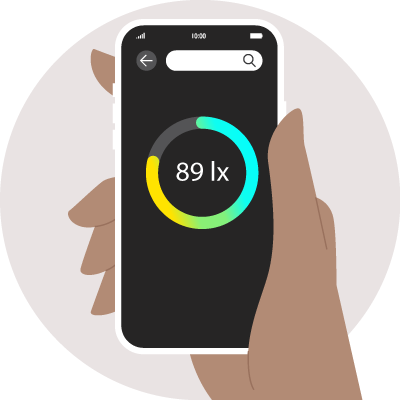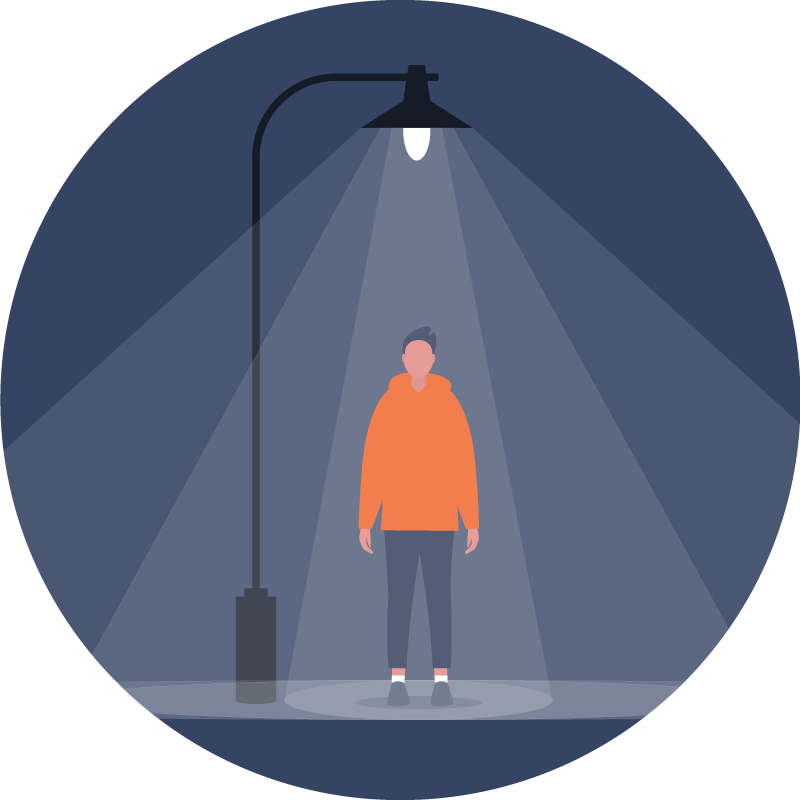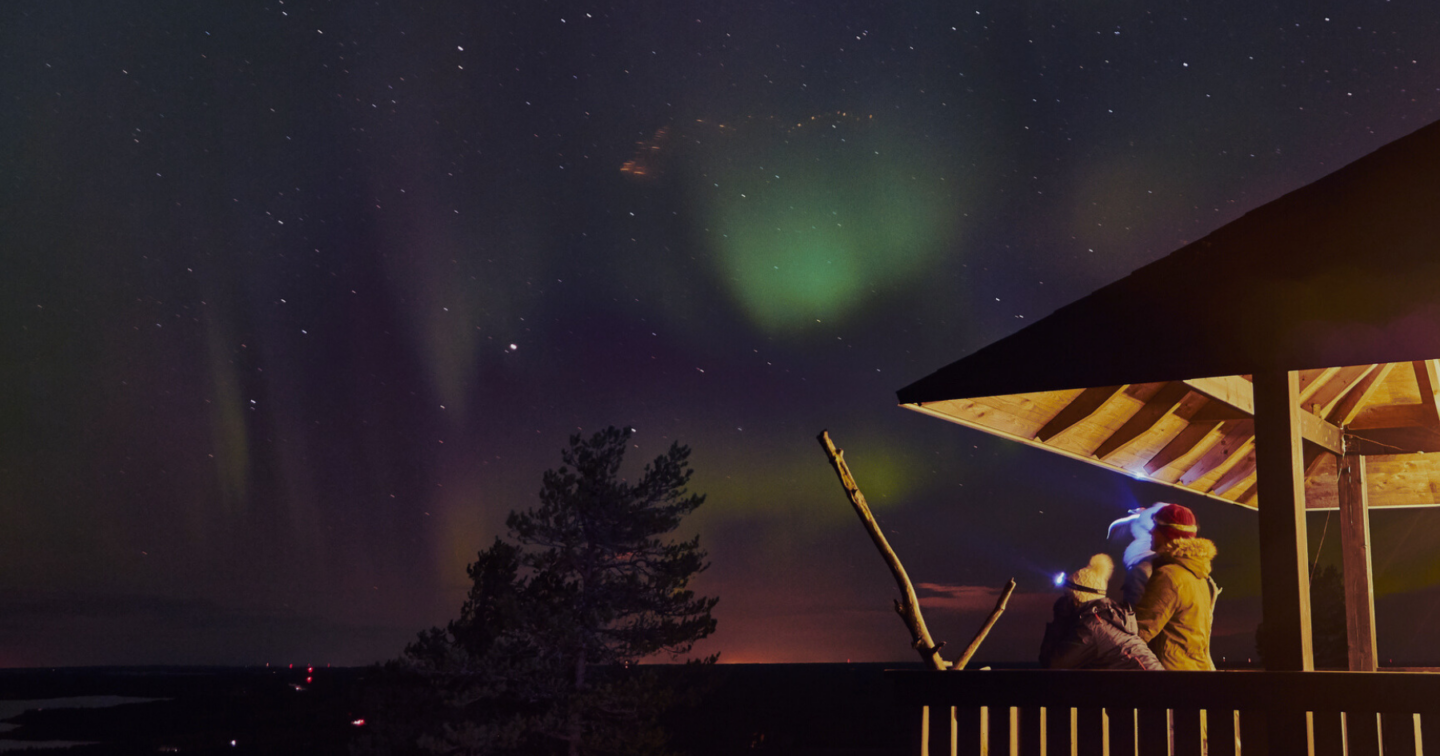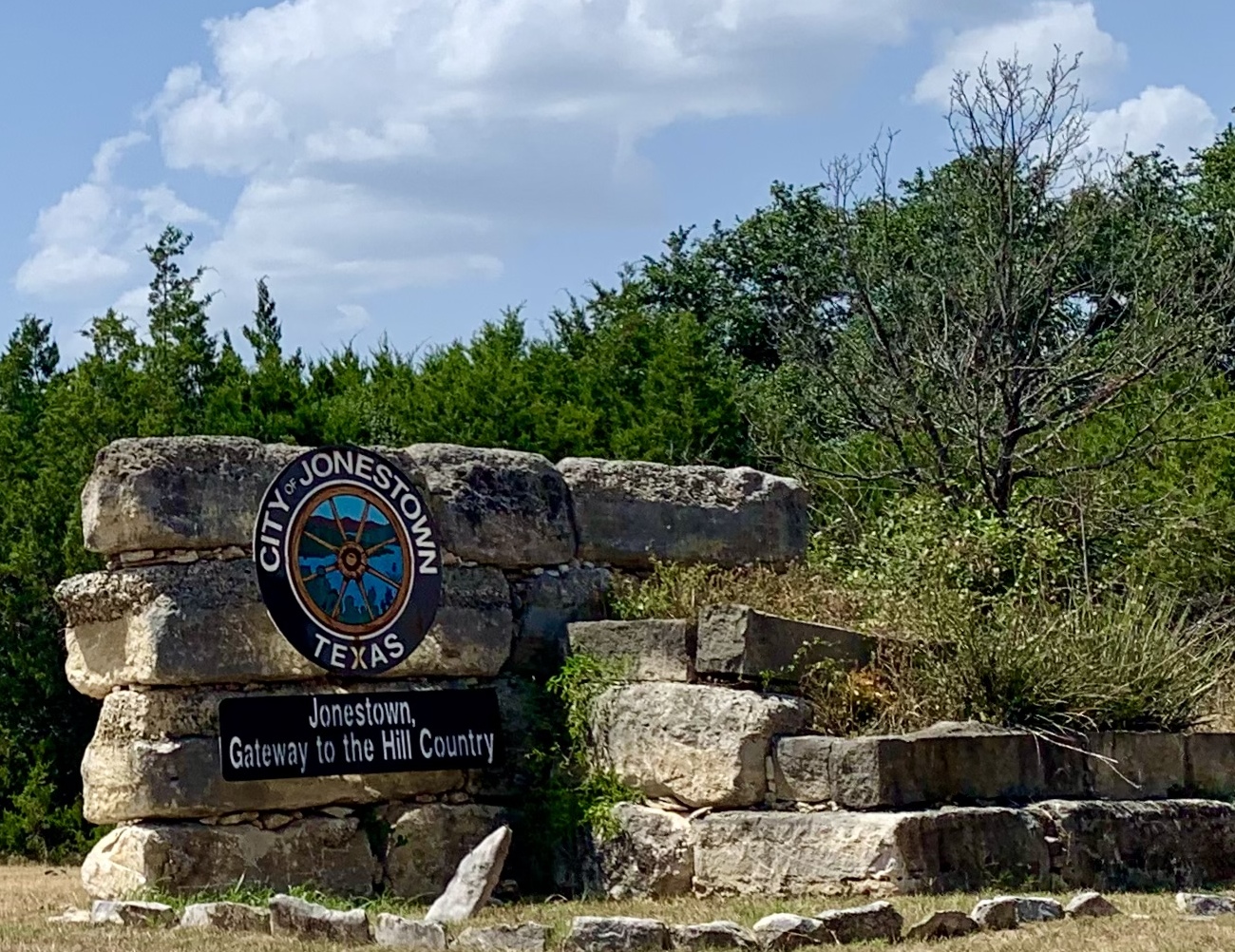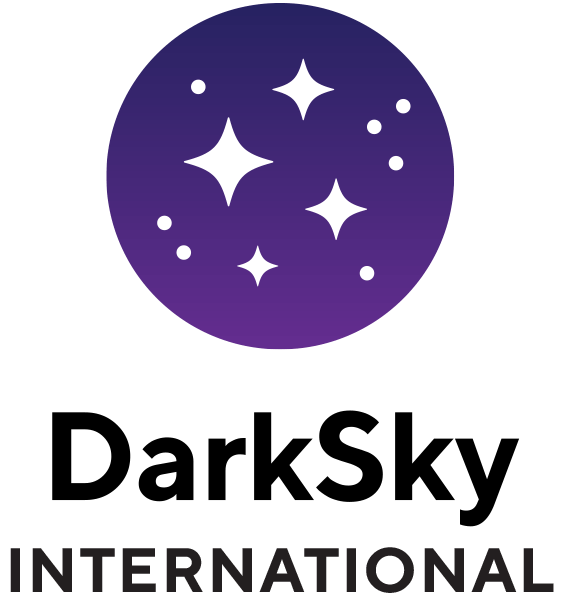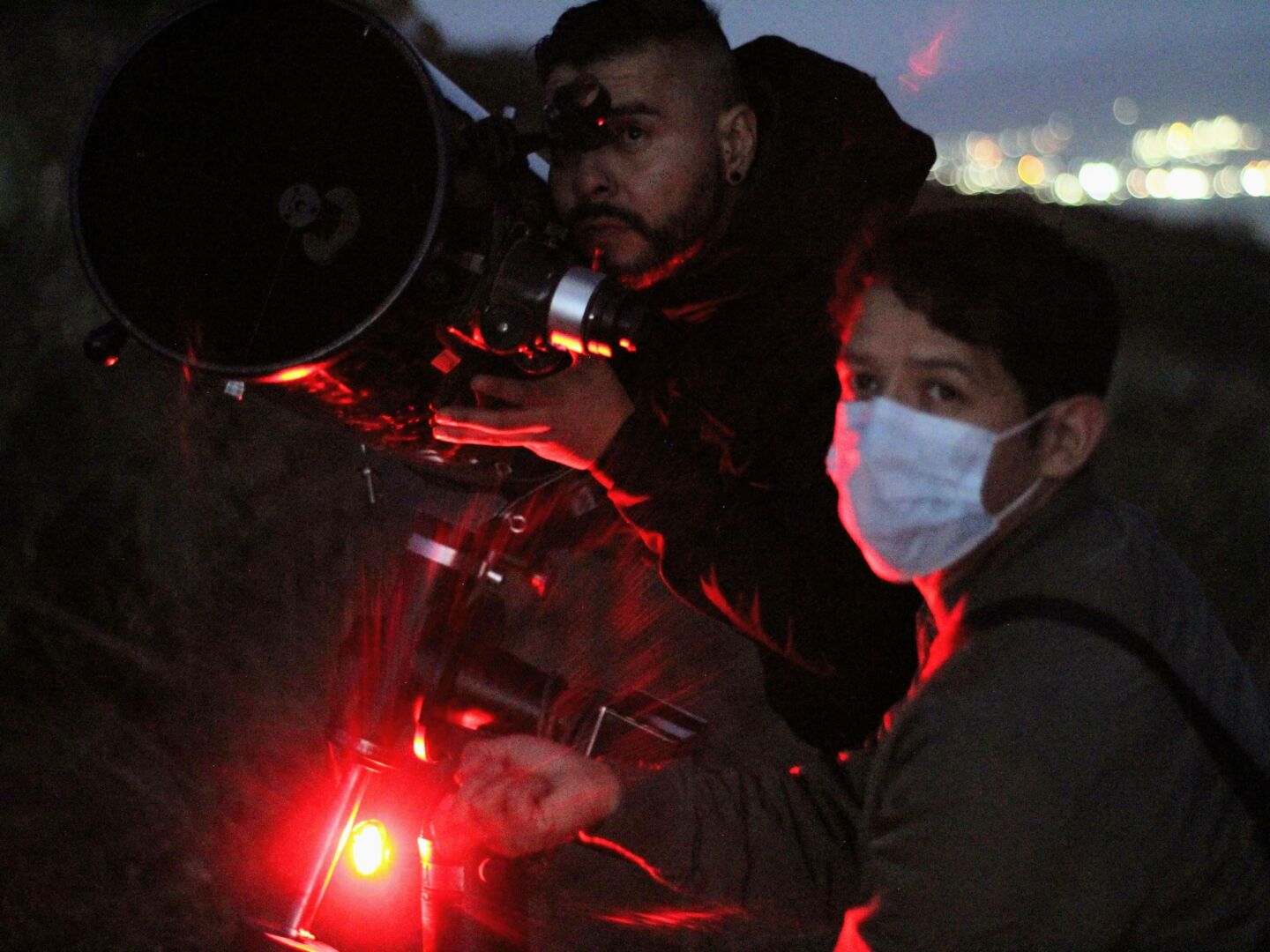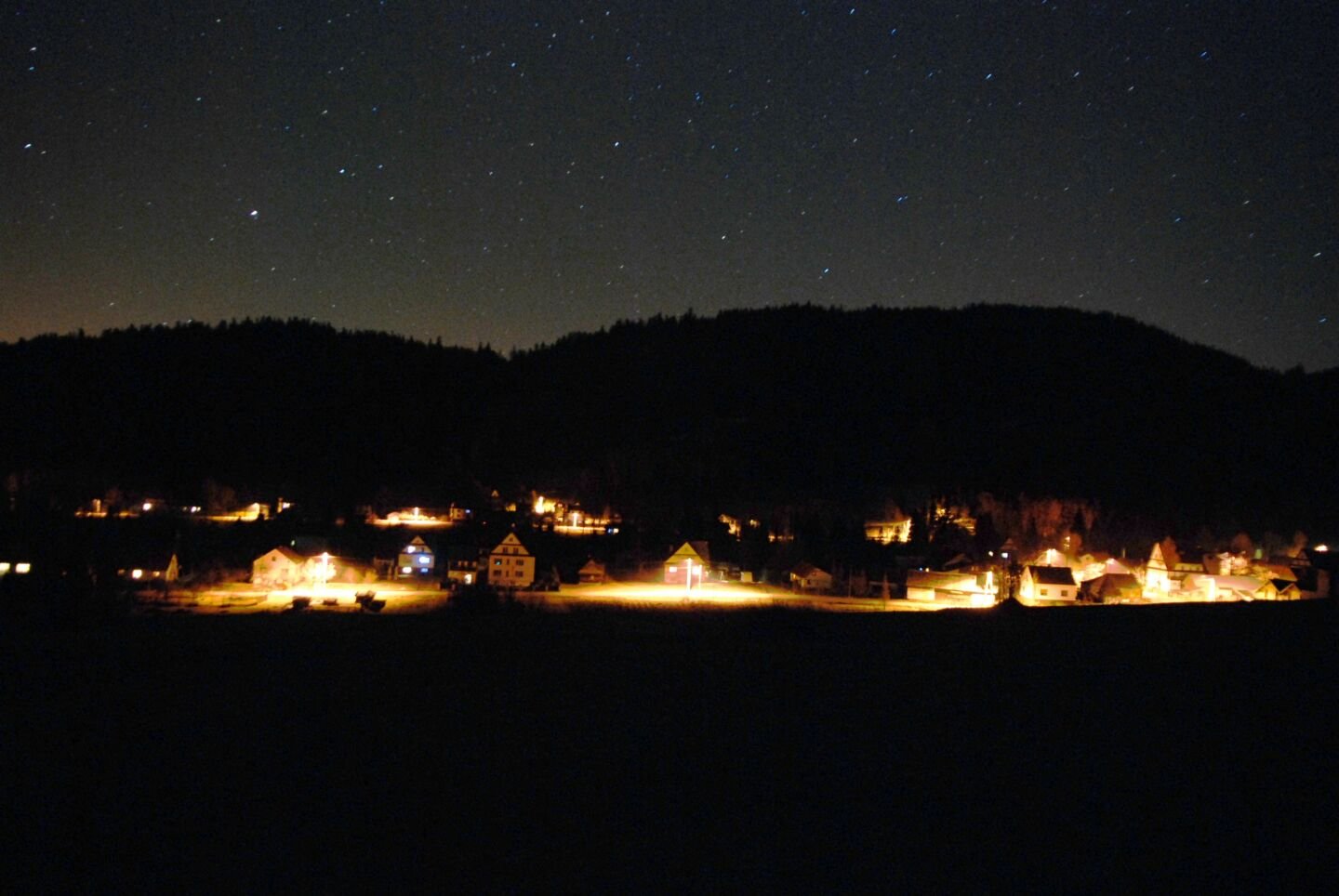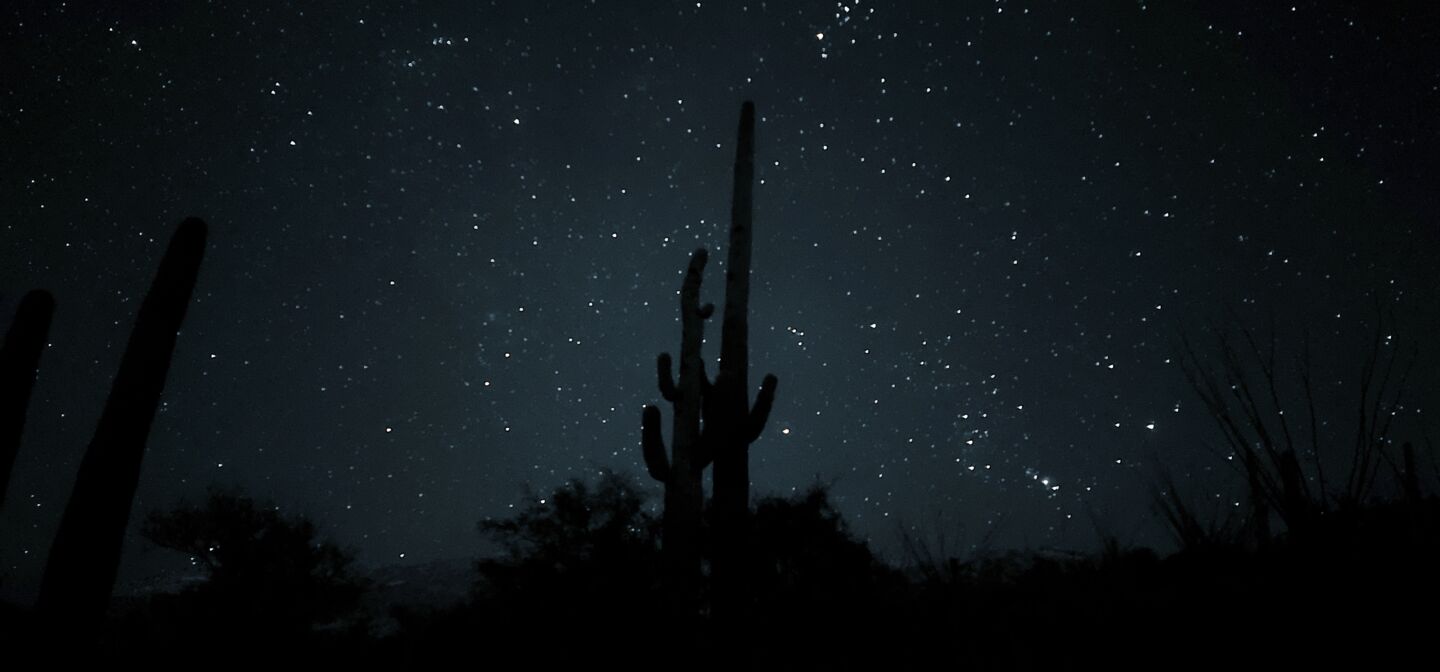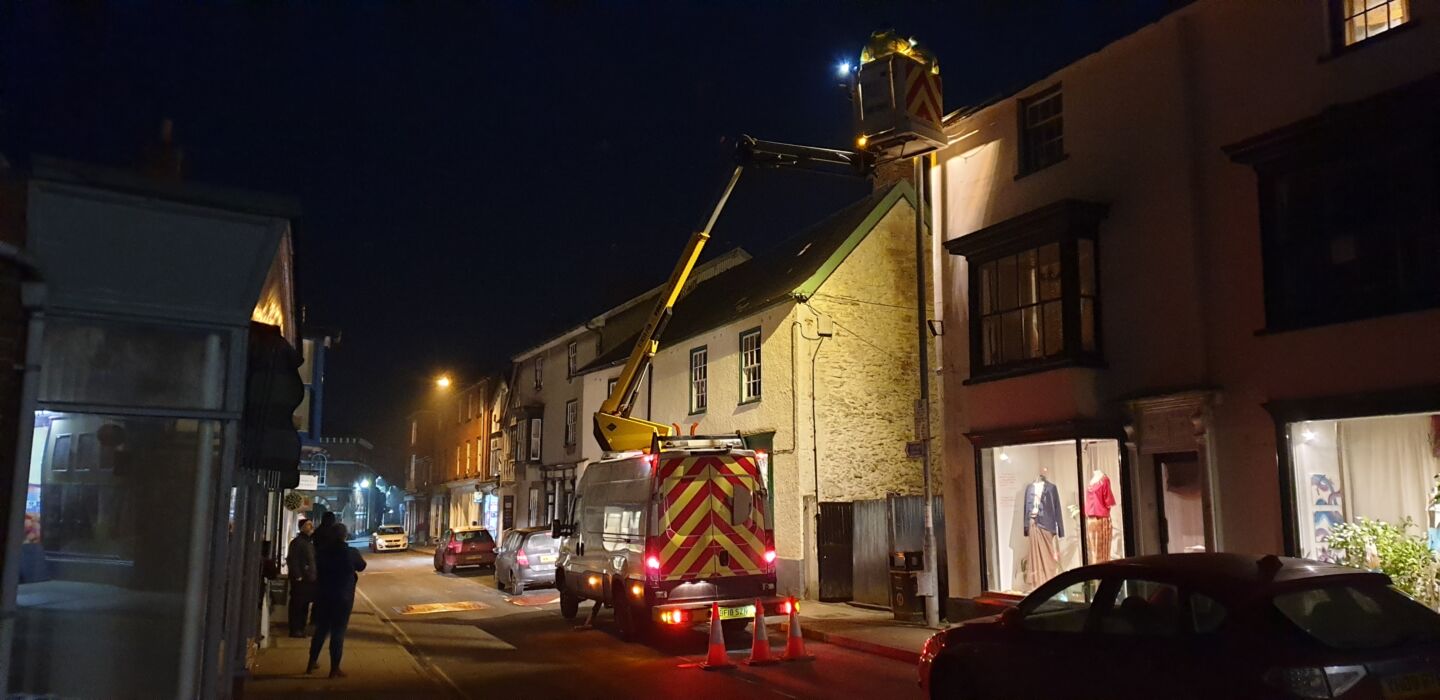
Sopotnia Wielka becomes the first International Dark Sky Community in Poland
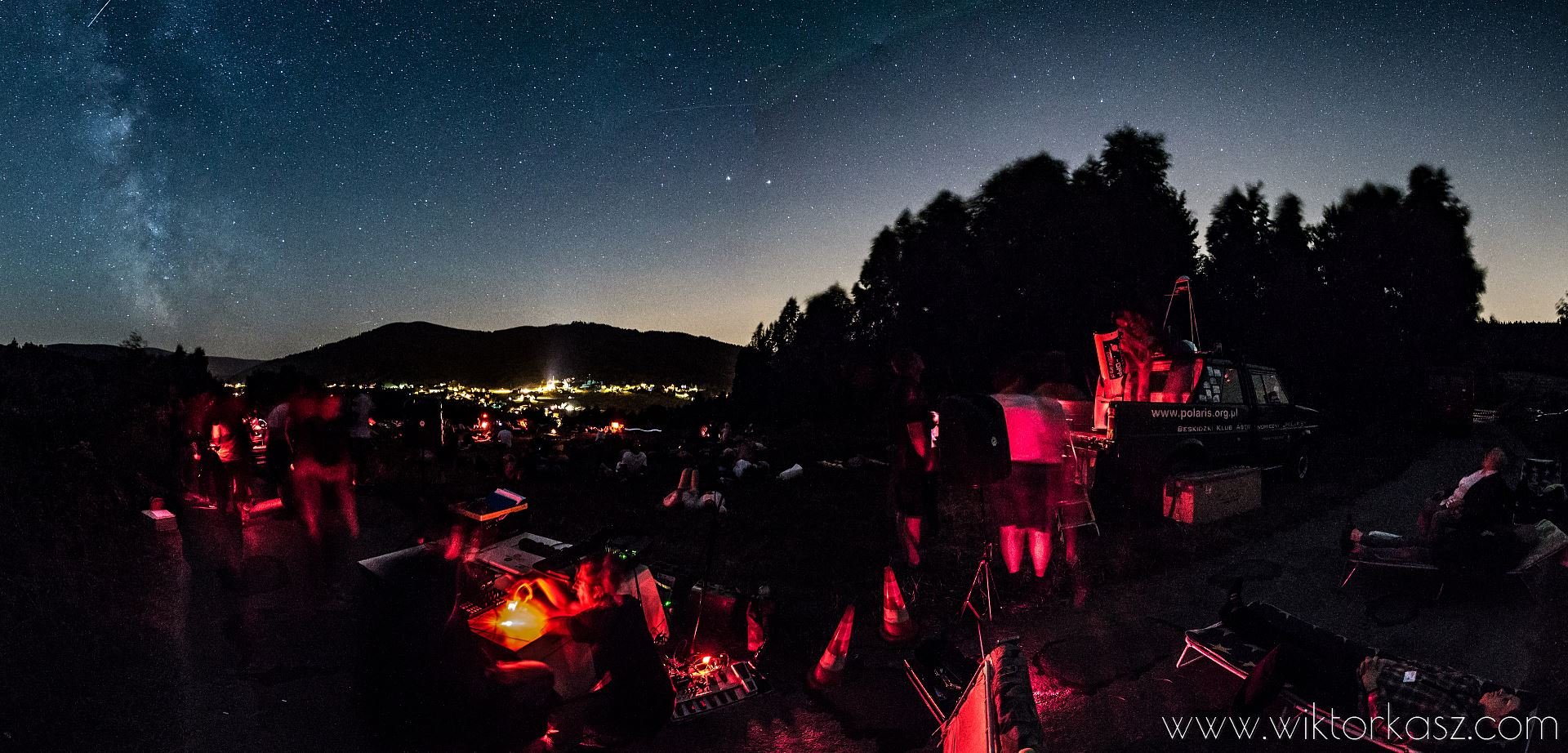
SOPOTNIA WIELKA, Jeleśnia, Poland
Sopotnia Wielka, in Jeleśnia, Poland, has been officially designated as an International Dark Sky Community by DarkSky International. This achievement marks the culmination of a grassroots initiative started in the late 1990s when local activists successfully negotiated with the local government to switch off some street lighting late at night. Since then, numerous activities have been undertaken by POLARIS-OPP Association members, dark-sky experts, and local residents to preserve nighttime ecology.
Sopotnia Wielka is one of nine villages in Jeleśnia commune, located in the southern part of Silesian Voivodeship, approximately 35 kilometers from the nearest city and about 100 kilometers from the Katowice metropolitan area. Sopotnia Wielka is situated in a valley of the same-name in the area of Żywiec Beskids (Pilsko massif).
It is a typical woodcutters’ village founded by Wallachian settlers and is associated with logging and slash-and-burn agriculture. Its first historical mentions are associated with the Polish king Jan Kazimierz (1609–1672), who, according to legend, drew excellent water from this area on his way to Vienna.
In 2001, a local information campaign began demonstrating the positive economic and social effects of dark sky protection with the participation of young people and the local government. As a result, an agreement was reached to deactivate part of the street lighting system starting in 2002, and reduce overall operational hours. Thanks to these efforts, Sopotnia Wielka became a popular astro-tourism place.
In the following years, both public and private lighting infrastructure continued to develop. Educational campaigns and meetings were conducted regularly to help people understand the negative impacts of artificial light.
The efforts of Polish dark-sky activists realized their biggest achievement in 2011 – when all 150 sodium street lamps were replaced with new, fully shielded (upward light output ratio = 0%) lighting fixtures with a correlated color temperature not exceeding 3,000 Kelvin. The change was significant thanks to the selection of the proper luminaire, the mounting, color temperature, and light power.
“This certification is the result of years of hard work and dedication of dark sky advocates and represents a significant step forward in the fight against light pollution in Poland. This effort demonstrates the impact of grassroots campaigns helping to raise awareness and educate the public about the importance of night sky protection and good lighting practices. It is inspiring to see such efforts sustain momentum and grow over time,” stated Amber Harrison, the Dark Sky Places Program Manager.
Piotr Nawalkowski, the President of POLARIS-OPP Association, stated, “Sopotnia Wielka is an example of a rational outdoor lighting policy. For over 30 years, we have strived to maintain a balance between well-lit streets and preserving dark skies. This balance can be achieved, and I believe that compromise is key when reducing artificial light pollution. It’s something we must discuss.”
Apart from replacing street lighting, several household lighting projects were completed. The organization advises people on lighting policies, encourages residents to use proper lighting on private properties, and conducts educational activities directed primarily toward the local youth and tourists.
“We have encouraged residents of Sopotnia Wielka to change their lighting to direct their light downward, rather than scattering around,” stated Marek Pierlak, local government representative and leader of the local social dialogue council for nighttime protection. “Light shining downward greatly contributes to the preservation of the dark sky. Lamps and bulbs of the old type can be replaced with economical LED lighting with a warm color tone, friendly to our health and nature. Most residents have taken a positive approach to the replacement of lighting, as evidenced by the replacement of lighting in more than 150 households in Sopotnia Wielka.”
Since 2013, annual dark-sky festivals have been organized each year in Sopotnia Wielka, near the period of Perseids maximum. While the event initially targeted Polish astronomy enthusiasts and related fields, the Festival quickly became an opportunity for anyone who enjoys stargazing. This year, the Dark Sky Festival successfully marked its eleventh installment as Poland’s biggest dark-sky event.
Prof. Krystyna Skwarło-Sońta from the University of Warsaw shared these remarks: “In my opinion, the substantial success of the Sopotnia Wielka community in achieving Dark Sky Community status, which I consider a highly important event for protecting our country from light pollution, can be mainly attributed to two key activities of POLARIS-OPP: the dedicated work of NGO members and volunteers who have been active in the area for several years. First, the most important point was to work closely with local activists and citizens, patiently explaining how important limiting the use of “bad night light” would be for their health, economy, and overall quality of life. The latter, also very important, resulted from the successful negotiations with the local parish priest who decided to introduce appropriate lighting of the church building, which significantly reduced the scattering of light towards the night sky.”
Over 30 years of efforts resulted in Sopotnia Wielka being a well-protected dark-sky friendly community. One of the latest steps was to adapt the newly formulated Rational Lighting Policy, created as result of numerous consultations with DarkSky International and discussions with the local government. The policy’s provisions have been included in the new Strategy for Development of Jeleśnia Commune for 2023-2030, which Jeleśnia’s Council approved. Sopotnia Wielka now joins more than 200 Places that have demonstrated robust community support for dark sky advocacy and strive to protect the night from light pollution.
About the International Dark Sky Places Program:
Founded in 2001, the International Dark Sky Places Program is a non-regulatory and voluntary program to encourage communities, parks, and protected areas worldwide to preserve and protect dark sites through effective lighting policies, environmentally responsible outdoor lighting, and public education. When used indiscriminately, artificial light can disrupt ecosystems, impact human health, waste money and energy, contribute to climate change, and block our view and connection to the universe.
Sopotnia Wielka now joins more than 205 Places worldwide that have demonstrated robust community support for dark sky advocacy and strive to protect the night from light pollution. Learn more by visiting https://darksky.org/what-we-do/international-dark-sky-places/.
About DarkSky International:
The mission of DarkSky is to preserve and protect the nighttime environment and our heritage of dark skies through environmentally responsible outdoor lighting. Learn more at darksky.org.
Media Contacts:
Amber Harrison
Dark Sky Places Program Manager, DarkSky International
+1 (520) 347-6363; [email protected]
Jakub Konior
International Coordinator, POLARIS-OPP Association
+48 725 311 811, [email protected]
Piotr Nawalkowski
President of POLARIS-OPP Association
+48 33 863-46-93; [email protected]




